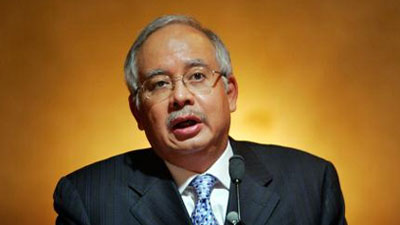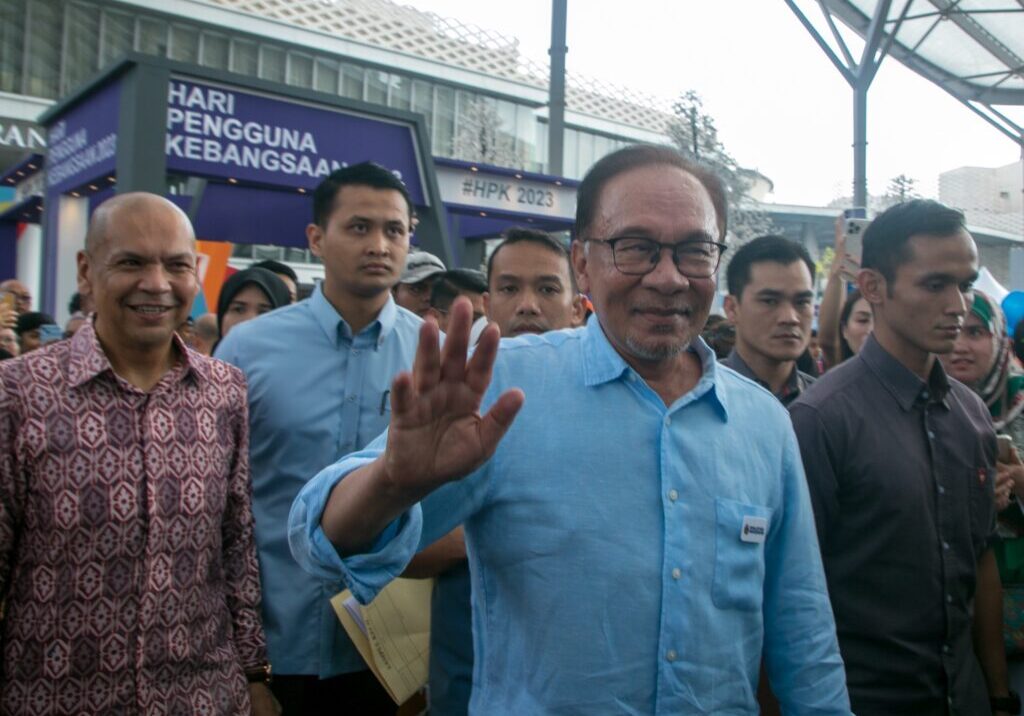Australia/Israel Review
Asia Watch: True to form
Feb 7, 2017 | Michael Shannon

Michael Shannon
Support from Malaysia and Indonesia for the United Nations Security Council’s Resolution 2334 – which condemned Israeli settlement construction – came as no surprise, given both nations’ longstanding sympathy for the Palestinian cause and concordant refusal to establish diplomatic relations with Israel.
Indeed, Malaysia played a pivotal role – aligning with New Zealand, Venezuela and Senegal in putting forward the resolution a day after Egypt withdrew it under pressure from Israel and then US President-elect Donald Trump.
Malay Prime Minister Najib Razak hailed the vote as a “victory” for the Palestinians.
“Although initially faced with challenges when Egypt withdrew their proposed draft resolution, the fate of the Palestinian people will still be taken care of. Not only from the point of religion, it also signifies the strong support of the international community against violations of international law committed by the Zionist regime through illegal settlements,” Najib wrote on his blog.
Ramlan Ibrahim, Secretary-General of Malaysia’s Foreign Ministry, said Malaysia’s success in lobbying for the vote was done by taking a “moderate” approach.
“We looked for impartial ways to address the politicking in Security Council as there have been many radical and extremist views pertaining to the situations in the Middle East,” he said in a TV interview.
He said although Malaysia has finished its term on the Security Council, the nation will continue to play an active role. “Time is running out and we have to speak out to address the pressing issues faced by the Palestinians,” he said.
Likewise, Indonesia welcomed Resolution 2334 in an official statement, and praised the United States for allowing it to be approved without a veto.
The Indonesian Foreign Ministry’s director-general for multilateral affairs, Hasan Kleib, told the Jakarta Post, “We will continue to refer [to the UN resolution] and demand its immediate implementation, […] because these illegal settlements have long been the figurative pebble in the shoe in efforts to revive the Middle Eastern peace process [between Palestine and Israel].”
The only problem with all the self-congratulation by countries far removed from the complex Israeli-Palestinian theatre is that resolutions alone do not create the conditions for peace and arguably make direct negotiations between the parties less likely.
A more hard-headed, pragmatic approach has served Indonesia and Malaysia well in meeting the challenge of Islamist and ISIS-inspired terrorism, as counter-terrorism units in both countries have been lauded for curbing dozens of bombing plots and assault attempts aimed at killing scores of innocents.
Over the past year, Malaysian anti-terrorism police nabbed more than 115 people with links to global Islamist militant groups, preventing at least 14 attempted attacks, while their counterparts in Indonesia had foiled at least 15 suicide attacks and bombing plots, with more than 150 arrests, according to various news reports.
Of the estimated 70 to 80 Malaysians who went to fight alongside IS and other militant groups in Syria over the last few years, police say 27 of them had died there while eight have returned.
In Indonesia, a Reuters analysis of data shows that the elite unit Special Detachment 88 (Densus 88) has prevented at least 54 plots or attacks since 2010. About 800 Indonesians have travelled to Syria to join Islamic State and 169 have been stopped en route and deported.
Efforts to reduce the terror threat at home have been helped by events on the ground in the Middle East. Fears that battle-hardened Indonesian jihadists returning from fighting for the Islamic State in Iraq and Syria would present a major security threat are diminishing for the simple reason that many will not make it home.
Now cut off from the Turkish border, militants holed up in the besieged Iraqi city of Mosul and in ISIS’s Syrian headquarters in Raqqa may well be forced to fight to the death to defend the ever-shrinking caliphate. Sealing off the two enclaves also means the number of Indonesians heading to the Middle East has dropped dramatically.
While about 120 Indonesian nationals are believed to have died in the conflict, an estimated 500 remain in the two countries.
One can only speculate as to what extent the tightening of the vice around Mosul and Raqqa is affecting the ability of Indonesian leaders Bahrun Naim and Bachrumsiah Menor Usman, who heads the Indonesian-Malaysian fighting unit known as Katibah Nusantara, to issue instructions to ISIS followers at home.
Whatever the case, raids in the western Java suburb of Bekasi on December 10 and nearby Tangerang on December 21 yielded three militant deaths in gunfights, another 18 suspects and 14 pressure-cooker acetone bombs prepared for an end-of-year bombing campaign that would have claimed dozens of lives.






